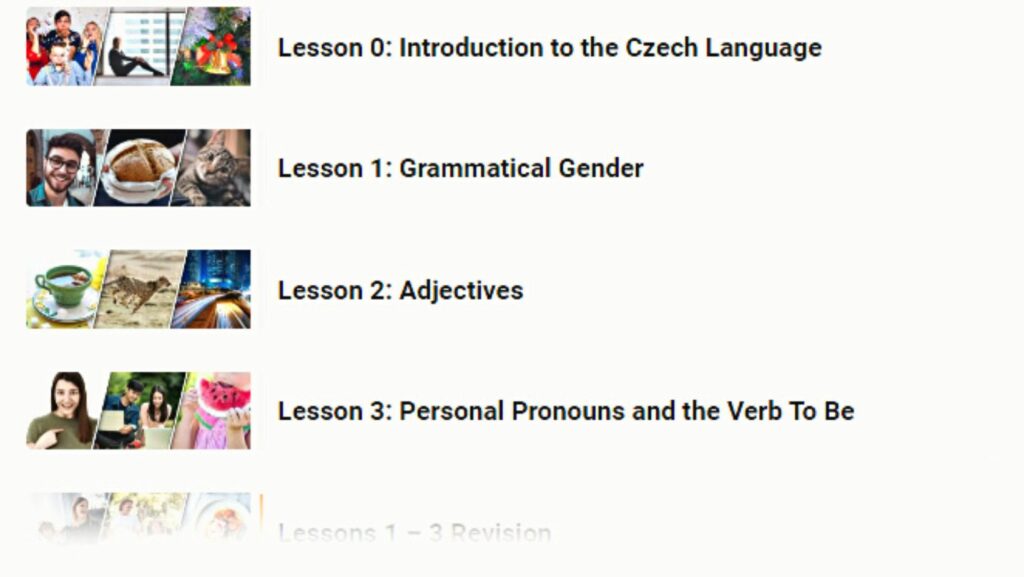If you are planning to learn or are already learning the Czech language, you need to be motivated.
Let’s face it, there are many nightmarish elements, such as pronunciation of ř, using correct word endings and understanding peoples’ fast speech. One could really benefit from having enough motivation to overcome these problems!
Experts from Czech Time have put together 7 different tips for finding more motivation to get you going! Czech Time is an online learning platform designed for complete beginners and slightly advanced students. Their motto is simple: Learn Czech Online. Anytime. Anywhere. And they mean it. You can study at your own pace and take a lesson on the tram, in bed or while waiting at the doctor’s office.
Here are their motivational tips for learning Czech:
1. Be Visual
There is literally nothing worse than a dull list of vocabulary or grammar tables. You need to be immersed with visual materials, pictures and illustrations. Is it easier to remember the word papoušek (parrot) as a cluster of eight letters or linking it together with a beautifully colourful animal looking at you from your screen?

2. Choose the Right Level
This sounds like a no-brainer, but choosing a wrong difficulty has pushed many students away from studying Czech. Finding the right learning material is vital, as picking up overly advanced reading and listening materials can be frustrating and demotivating.
3. Be Systematic
Jumping from one grammar topic to anther is certainly not a good idea. The best way is to follow one lesson after another. Every new lesson should build up on what you have learnt and add new information.

4. Revise, Revise and Revise
The key to motivation is a thorough revision. There is no need to rush. Unless you have an exam coming up soon, you can slow down and use your time to revise already learnt things. This way you will help your vocabulary and grammar to stick in your mind.
5. Use Flashcards
The work with flashcards is fun and it is proven that they keep you motivated. Our tip is to always practise with the front side in English. True, it is harder, but definitely more beneficial for retaining the words. Also, you can try audio flashcards where you need to understand what a native speaker is saying.

6. Get Organised with Notes and Bookmarks
Thoughts of a disorganised student might be summed up this way: “Where did I put it? My notes can be in the textbook, in my planner or in the mobile app I use. Well, I don’t remember what I used, so let’s quit it and grab a coffee instead.” Be different! Collect your notes in one place and bookmark your favorite online sites.
7. Learn from Others
Getting feedback on your work is important, but learning from the mistakes of others is, we dare say, even better. Not only do you get a sense of satisfaction when you realise that your fellow students also make mistakes, but you also learn a great deal from it.
-
NEWSLETTER
Subscribe for our daily news










